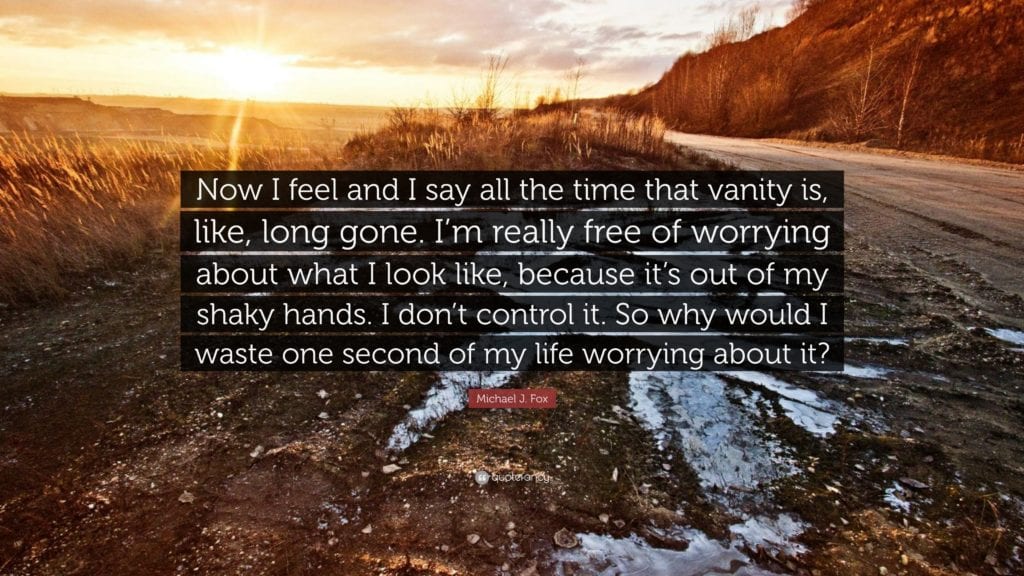
“The privilege of a lifetime is to become who you truly are.” C. G. Jung
Red Faces
Reaching down below her chair, she attempts discretely to quiet her two dogs but their playful barks show they couldn’t care less. I see her face reddening as she apologizes profusely.
Twelve of us are on a Zoom call discussing a Phase III clinical trial for a new Parkinson’s drug. The dog owner’s boss at a large pharmaceutical company has asked her to walk us through the trial’s protocol. In all, two patients, a physician, and eight Big Pharma colleagues watch as her discomfort continues for a couple of minutes, which I sense feels to her like hours. When she finishes commenting, she apologizes once more.
“It’s not a Zoom meeting until someone’s dog barks,” I say.
She laughs awkwardly and shakes her head, and then quickly mutes her microphone, pauses her camera, and presumably relocates the dynamic canine duo. After about a minute, she pops back on screen, her face less flush, just in time for her boss to call on her again.
Awkward Zoom moments have become routine. A dog barks, or a cat walks across a computer keyboard, or a child or other family member pops-up in the background unaware—in underwear! Unwashed breakfast dishes or piles of clean unfolded laundry sit just within camera shot. Someone’s “unmuted” status allows others to hear his daughters arguing over an article of clothing to which they both lay claim.
The Zoom life, which is really the COVID-19 life, humors us and, occasionally, humbles us.
In other words, it humanizes us.
Disguised Faces
Albert Camus said, “But above all, in order to be, never try to seem.”[1] He recognized the strong pull toward maintaining appearances, the power of vanity’s grip. Camus observed the masks we wear to hide our true selves from public view, and a propensity to live with red faces over the awkward situations we create, the foibles we reveal, or the imperfections we perceive in ourselves.
Think about how much time and energy we give to presenting the least flawed version of ourselves possible. Consider the work it takes to seem permanently polished, put together, and unblemished, whether in social media posts, automatic “I’m great” responses when asked how we are doing, or in frantic efforts to smooth out the awkwardness tied to barking dogs. The ease with which we default to these glossy self-presentations makes it feel almost natural.
Almost.
But what do we lose along the way?
Facing Choices
If having Parkinson’s does anything, it confronts you with a realization and a choice. You realize quickly that Parkinson’s pushes to the fore your imperfections and awkwardness, right there, in front of God and everybody. Hands shake, feet shuffle, postures stoop, faces mask, voices quiet, speech slurs, and gaits wobble; and that’s before you get to what can happen internally: anxiety, depression, constipation, incontinence, insomnia—you get the idea.
Your choice is whether a preoccupation with these imperfections and this awkwardness will haunt you, isolate you, and dampen your zest for life, or whether you will recognize that you are really no different from anyone else—flawed, imperfect, human—and then get on with your life.
With time, all of us come face-to-face with our imperfections, whether we have Parkinson’s or not. Bodies begin to sag, droop, or bulge; skin wrinkles; hair grays, falls out, or grows in places you don’t want it to; hearing and seeing get more challenging; other unwelcome changes come, too. If we accept these imperfections, these less than ideal qualities of life, we can live more authentically, true, and free.
We can also live as happier, more grateful, and more contented people.
Michael J. Fox recognized a certain type of freedom that comes with letting go of vanity, saying, “Now I feel and I say all the time that vanity is, like, long gone. I’m really free of worrying about what I look like, because it’s out of my shaky hands. I don’t control it. So why would I waste one second of my life worrying about it?”
What if we all adopted this way of thinking about what we can’t control, and especially as it relates to our perceived flaws, whether we live with Parkinson’s or not? Imagine what it would be like if we could let go of “trying to seem” in order simply “to be.”
I can attest to the fact that, with Parkinson’s, you discover that the more you try to hide or camouflage your symptoms, the more you try to look put together and unblemished, the more pronounced many of those symptoms become. Maybe this is true for others, too.
Come to think of it, hiding our imperfections is sort of like trying to get two energetic, happy, and playful dogs to stop barking while speaking to a group of imperfect people on Zoom.
__________
[1] Albert Camus, Notebooks 1935-1951 (Boston: Da Capo, 1998).
Allan Cole is a professor in The Steve Hicks School of Social Work at The University of Texas at Austin and, by courtesy, professor of psychiatry in the Dell Medical School. Diagnosed with Parkinson’s in 2016, at the age of 48, he serves on the Board of Directors at Power for Parkinson’s, a non-profit organization that provides free exercise, dance, and singing classes for people living with Parkinson’s disease in Central Texas, and globally via instructional videos. He also serves as a Community Advocate for ParkinsonsDisease.net, writing columns about living well with Parkinson’s. He is author or editor of 10 books on a range of topics related to bereavement, anxiety, and spirituality. Currently, he is writing a book on counseling people with Parkinson’s disease, which will be published by Oxford University Press. Follow him on Twitter @PDWise.
